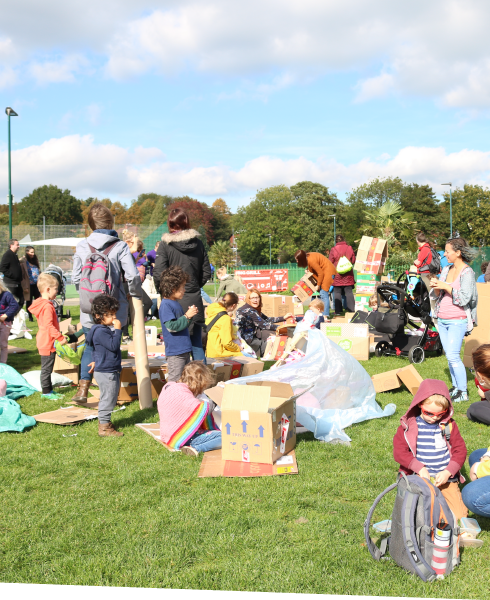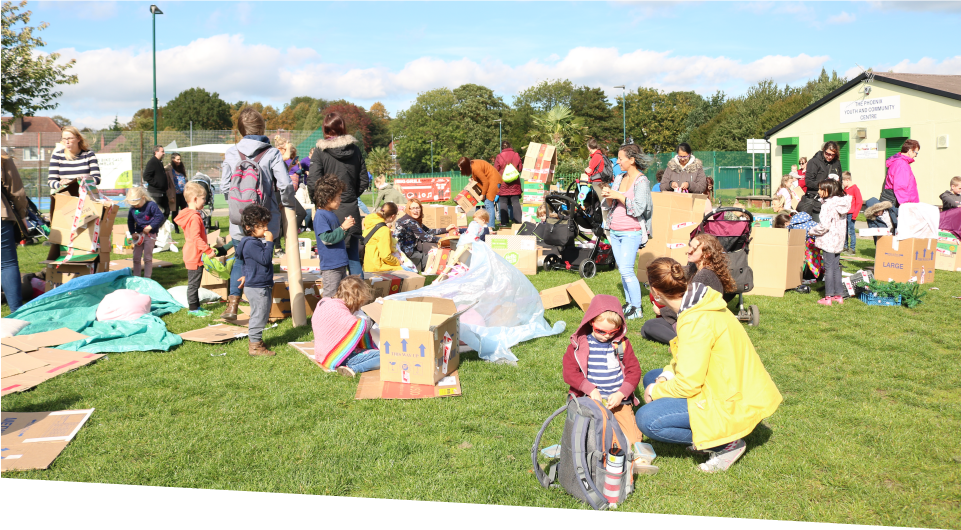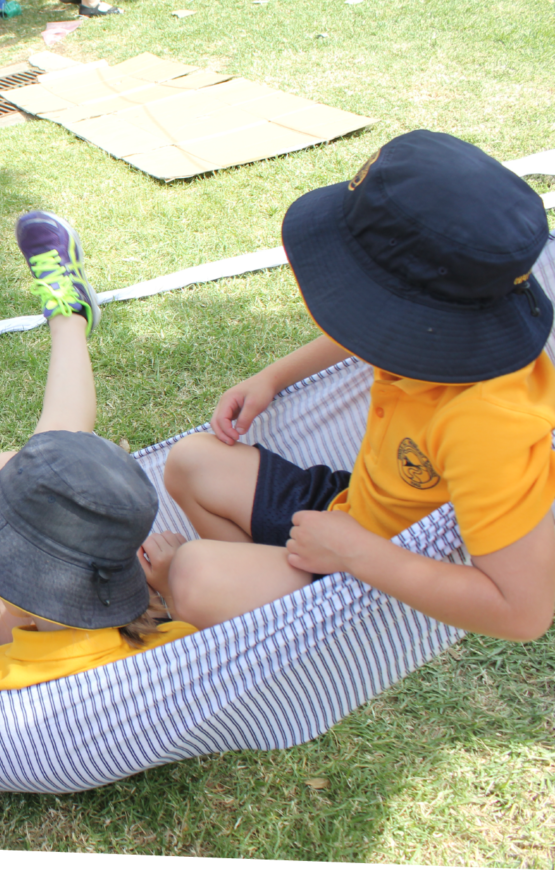Since 2010, we have offered in-person and online support to those interested in playwork or adventure playgrounds.
A small and independent non-profit, we receive no governmental, corporate or grant funding. Our adventure play work is guided and made possible by our relationships with you – play advocates, project providers, community members. No one is turned away from any of our programs for lack of finances. We work with anyone who reaches out to us through the internet or otherwise.
Our team are passionate about building a professional community that is diverse, dedicated, curious and connected. We do this by offering training online in person and through our biannual Playwork Campference. Wherever we work, Suzanna and Morgan’s aim is to maintain an open, honest and optimistic presence. Our team welcomes new people to this field and works closely with them collaboratively. We care about pop up play and you.
Together, we have created the Playworker Development Course. This provides introductory training to folks in 25+ countries; we created the Pop-Up Play Shop and Toolkit; toured the US (2014), Australia (2015) and the world (2015); produced The New American Adventure Playground Movement How Communities Across the USA are Returning Risk and Freedom to Childhood; and co-hosted the international Playwork Campference (2017 and 2019).
UK registered charity #1148987, US 501(c)(3)
Donate
Resources
& Research
Donate
Resources
& Research
FAQs
Are these really adventure playgrounds?
In the sense that they are places ‘apart’ from ordinary rules, luxuriantly filled with loose parts and staffed by adults learning about playwork, ‘pop-ups’ are absolutely adventure playgrounds.
The adventure playground model, first piloted in Emdrup, has inspired people all over the world. For us, an adventure playgrounds offer a unique space for children’s free experimentation, exploration, creation and destruction. The phrase ‘adventure playground’ is not protected. Several projects (including fixed equipment playgrounds for both humans and domestic pets) have claimed it without a firm understanding of what makes a good adventure playground unique. Play England and other national bodies have provided useful resources. Most importantly, the field of Playwork has articulated a clear ethical stance, and specific techniques to support children’s self-directed play without directing it.
Every play provision makes some compromise to open, and every good site operates in relationship with its particular context. In recent years, a new wave of adventure playgrounds (and so-inspired sites) has generally operated as destination or childcare locations, such as summer camps or after-school provision. In general, we have seen these great sites share key characteristics, including:
- Easy access for local children repeatedly over time.
- Trained playwork staff.
- Plenty of loose parts and freedom for children to create, destroy, explore and express.
- Strong relationships with children’s parents, and opportunities for children to play apart from them.
Here are some of our favourite adventure playgrounds in the USA. These are sites we have worked with for several years and visited. As such, we know how amazing they are!
- The Parish School Adventure Playground, Houston, TX.
- KOOP (Kid-Owned and Operated Play), Champaign-Urbana, IL.
- Eureka Valley Adventure Playground, Val Verde, CA.
- The Yard (formerly play:ground NYC), Governors Island, NY.
In the UK, we have a particular relationship with and fondness for:
- Meriden Adventure Playground, Birmingham, England.
- The Land, Wrexham, Wales.
- Pitsmoor Adventure Playground, Sheffield, England.
What are playworkers?
The playwork profession developed out of adventure playgrounds just after the second world war and the name playworker was developed over time to describe the role of the adults that were on site. Fast forward a few years and term “playworker” is used to describe trained and experienced play advocates who work with children in a respectful and meaningful way using the lightest touch. Playworkers can work on a range of sites both in temporary and permanent spaces. However, the playwork theory and practice stays the same.
What about risk?
We believe that life is risky. Every time we get into a car, change jobs or fall in love we are weighing the risks of a choice against the possible benefits. A similar process of risk/benefit assessments is a fundamental part of playwork practice, allowing children to carefully incorporate more opportunities for challenge into their play. If you have questions not addressed here, take a look at our free resources or contact us directly!
Where are you based, again?
Suzanna lives primarily in the UK and Morgan lives primarily in the US. They both travel a lot, both to those countries and further afield. If you are interested in working together, get in touch. It’s amazing what we can figure out together.
What are these 'loose parts' people keep talking about?
In 1971, Simon Nicholson introduced the ‘theory of loose parts’ in an article. He argued that an environment’s play possibilities directly correlate with the variety and quantity of materials present. Instead of designing a space before children arrive, we should provide them with what they need. This empowers them to construct the spaces they desire and modify them constantly.
For playworkers, the best (or ‘loosest’) parts for play are often scrap. These are objects that are free or cheap, malleable and appropriate to the children and the environment. We make specific recommendations for anyone hosting a pop-up adventure playground and for those working in schools.
I just witnessed the magic of Pop-Up Adventure Play with Suzanna and Morgan at the Illinois Youth Services Institute in Springfield, IL. Thank you! Thank you for all that you do, thank you for coming to the conference, and thank you for the reminder that play is both fun and important.
IYSI 2017 Attendee, USA
Subscribe to our newsletter
Please note: By filling in your details and clicking ‘Sign up’ you are consenting for Pop-Up Adventure Play to send you marketing emails. You can unsubscribe at any time by clicking ‘Unsubscribe’ in any email received.


